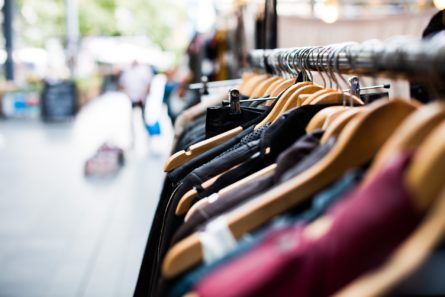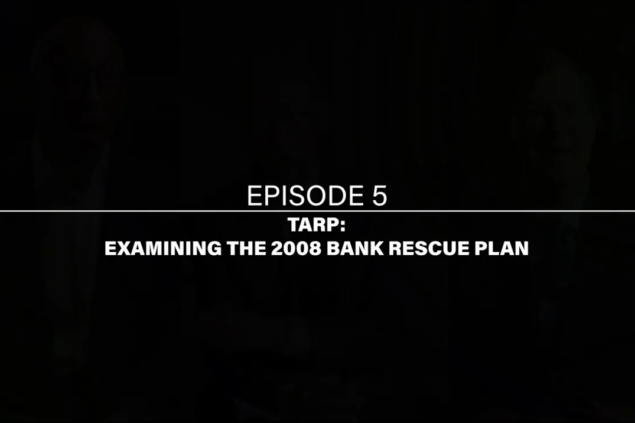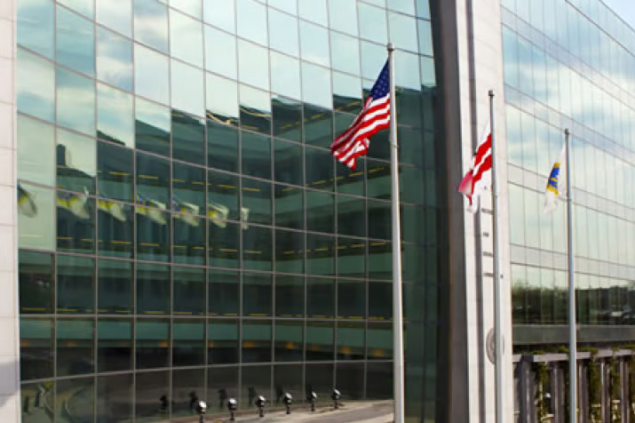It Shouldn’t Be Illegal to Wear a T-shirt
Wen Fa

It shouldn’t be illegal to wear a t-shirt. Yet several states, including California, Colorado, and Tennessee, have established buffer zones in which political expression is forbidden when it matters the most. On Election Day, voters in these states are forbidden from wearing t-shirts or buttons that ostensibly express political messages. In some states, Americans are even prohibited from displaying political yard signs on their own property if they happen to reside too close to a school or a church that’s being used as a polling place.
These laws are premised on the notion that a person has the right to be free from speech that he finds disagreeable. In practice, these laws allow thousands of poll workers to make arbitrary and inconsistent judgments under the guise of shielding others from a voter’s “offensive” attire.
There have been many notable examples. One poll worker prevented a Texan from voting while wearing a t-shirt, emblazoned with a moose head, fishing poles, and the words “Seward, Alaska,” because that’s the home state of former vice-presidential candidate Sarah Palin. Voters in two different states were harassed for wearing Massachusetts Institute of Technology sweatshirts that said “MIT” because the acronym was too close to the name of former presidential candidate Mitt Romney.
Last year, the United States Supreme Court issued an important decision vindicating the free speech rights of voters. In Minnesota Voters Alliance v. Mansky, the Court struck down an overbroad Minnesota ban on political apparel. An exchange between Justice Alito and the government’s attorney underscored the risk of arbitrary enforcement. The attorney claimed that a shirt bearing the text of the First Amendment would be perfectly permissible in the voting booth, but a shirt featuring the text of the Second Amendment would be too political for the polling place.
Yet the decision didn’t go “all in” in protecting the free speech rights of voters. The Court hinted that states could impose some measures in maintaining an “island of calm” within the polling place. Unfortunately, some states have seized upon that language in maintaining laws no different in kind than the one struck down in Minnesota Voters. Texas, for example, boasted that its ban on political attire remains in effect in the Lone Star State.
All this shows that there is more to be done after Minnesota Voters. A law that prohibits political expression on Election Day is like a law that prohibits “Merry Christmas” on December 25. Voters face many important choices each election. A choice between their vote and their t-shirt shouldn’t be one of them.

Topic
Sponsor
Federalist Society’s Free Speech & Election Law Practice Group
The Federalist Society and Regulatory Transparency Project take no position on particular legal or public policy matters. All expressions of opinion are those of the author(s). To join the debate, please email us at [email protected].




